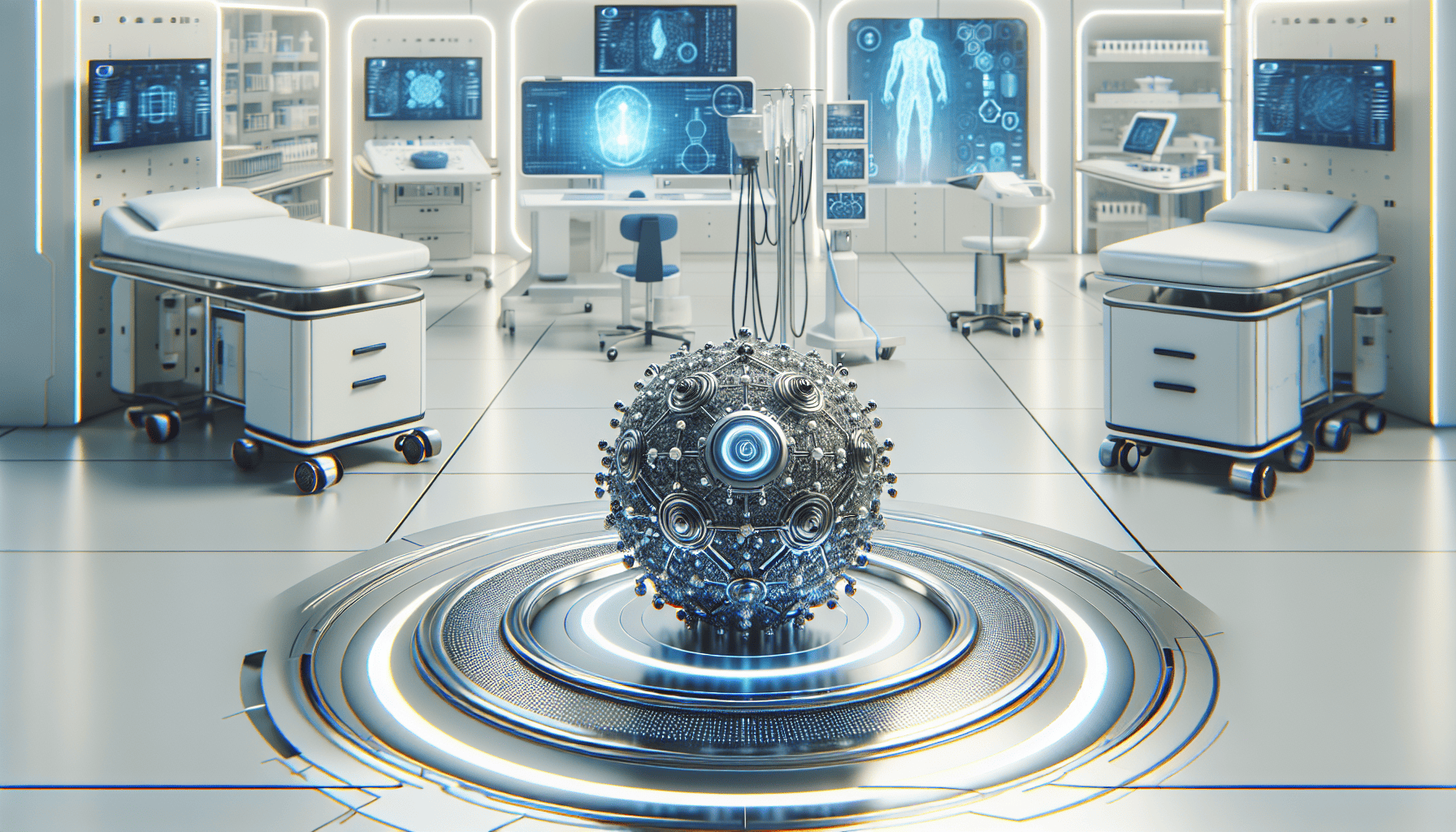Nanotechnology has long been hailed as the frontier of scientific innovation, boasting the potential to revolutionize numerous sectors, particularly medicine. As we delve deeper into the 21st century, the emergence of nanobots in the medical field is not just a futuristic fantasy but a burgeoning reality. These microscopic machines are poised to transform medical practices with extraordinary implications for diagnostics, therapeutics, and surgical procedures.
At its core, the allure of nanobots lies in their ability to execute tasks at a cellular or molecular level, offering precision that was previously unachievable. One of the most promising applications of nanobots is in drug delivery. Traditional drug administration methods, which often involve systemic delivery, can result in a multitude of side effects and inefficient targeting. Nanobots, however, can be programmed to deliver drugs directly to diseased cells, significantly increasing the treatment's efficacy while minimizing adverse effects on healthy cells. This precision ensures that medications are released exactly where they are needed, revolutionizing the treatment of complex conditions such as cancer, where precision is imperative for obliterating tumor cells without harming the surrounding tissue.
Moreover, nanobots offer groundbreaking possibilities in minimally invasive surgeries. Traditionally, surgeries have involved significant incisions, resulting in lengthy recovery times and increased risk of complications such as infections. Nanobots equipped with the ability to navigate through the bloodstream can perform intricate surgeries without the need for large incisions. They can repair damaged tissues, remove blockages, or even perform cardiovascular surgeries with minimal discomfort to the patient. This innovation not only reduces recovery time but also drastically cuts down on hospitalization costs, making medical care more accessible and efficient.
Nanobots also hold transformative potential in diagnostics. Early and accurate diagnosis is pivotal in the successful treatment of many diseases. Nanobots can be engineered to seek out biomarkers associated with specific diseases, providing real-time data and accurate diagnosis at much earlier stages than conventional methods. By detecting illnesses before they manifest symptoms, nanobots enable proactive medical interventions, thereby increasing the chances of successful treatment outcomes.
Despite their promise, the integration of nanobots into mainstream medicine does not come without challenges. There are significant hurdles to overcome in terms of safety, ethical considerations, and regulatory approval. The long-term effects of introducing foreign nanomaterials into the human body must be thoroughly studied to ensure they do not trigger adverse immune responses or accumulate in organs. Additionally, ethical concerns about the ability to manipulate biological systems at such a fundamental level must be diligently addressed to gain public trust and acceptance.
In parallel, robust regulations must be established to oversee the development and deployment of medical nanobots, ensuring they are used responsibly and ethically. This calls for collaboration between scientists, clinicians, regulatory bodies, and ethicists to navigate the complex landscape of medical nanotechnology.
In conclusion, the advent of nanobots in medicine represents a monumental leap forward for healthcare, promising to enhance the accuracy, efficiency, and effectiveness of medical treatments. As research progresses and technology advances, the integration of nanobots in everyday medical practices is likely to become a hallmark of modern medicine. While challenges remain, the horizon of medical technology is undeniably transformative, with nanobots leading the charge toward a future where healthcare is not only about healing but also about precision, personalization, and prevention.
